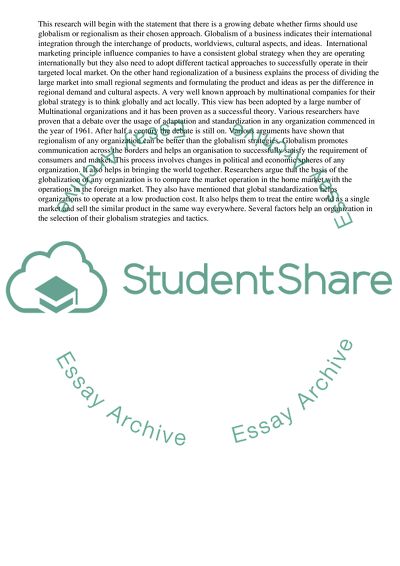Cite this document
(“Relationship of Regionalism and Globalism Essay”, n.d.)
Retrieved from https://studentshare.org/business/1673012-i-havnt-decided-the-topicthe-module-is-international-business-but-the-subject-is-management
Retrieved from https://studentshare.org/business/1673012-i-havnt-decided-the-topicthe-module-is-international-business-but-the-subject-is-management
(Relationship of Regionalism and Globalism Essay)
https://studentshare.org/business/1673012-i-havnt-decided-the-topicthe-module-is-international-business-but-the-subject-is-management.
https://studentshare.org/business/1673012-i-havnt-decided-the-topicthe-module-is-international-business-but-the-subject-is-management.
“Relationship of Regionalism and Globalism Essay”, n.d. https://studentshare.org/business/1673012-i-havnt-decided-the-topicthe-module-is-international-business-but-the-subject-is-management.


